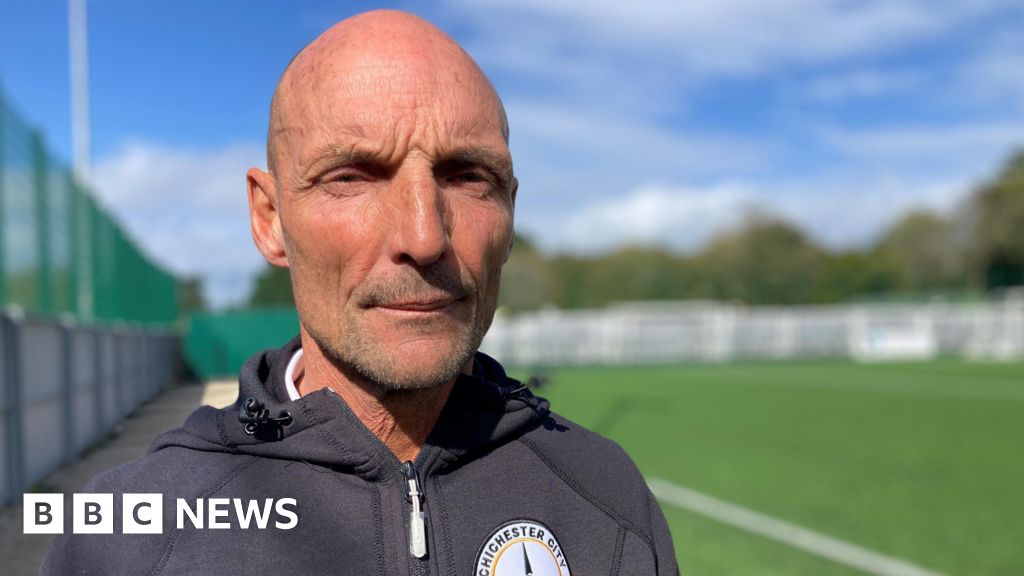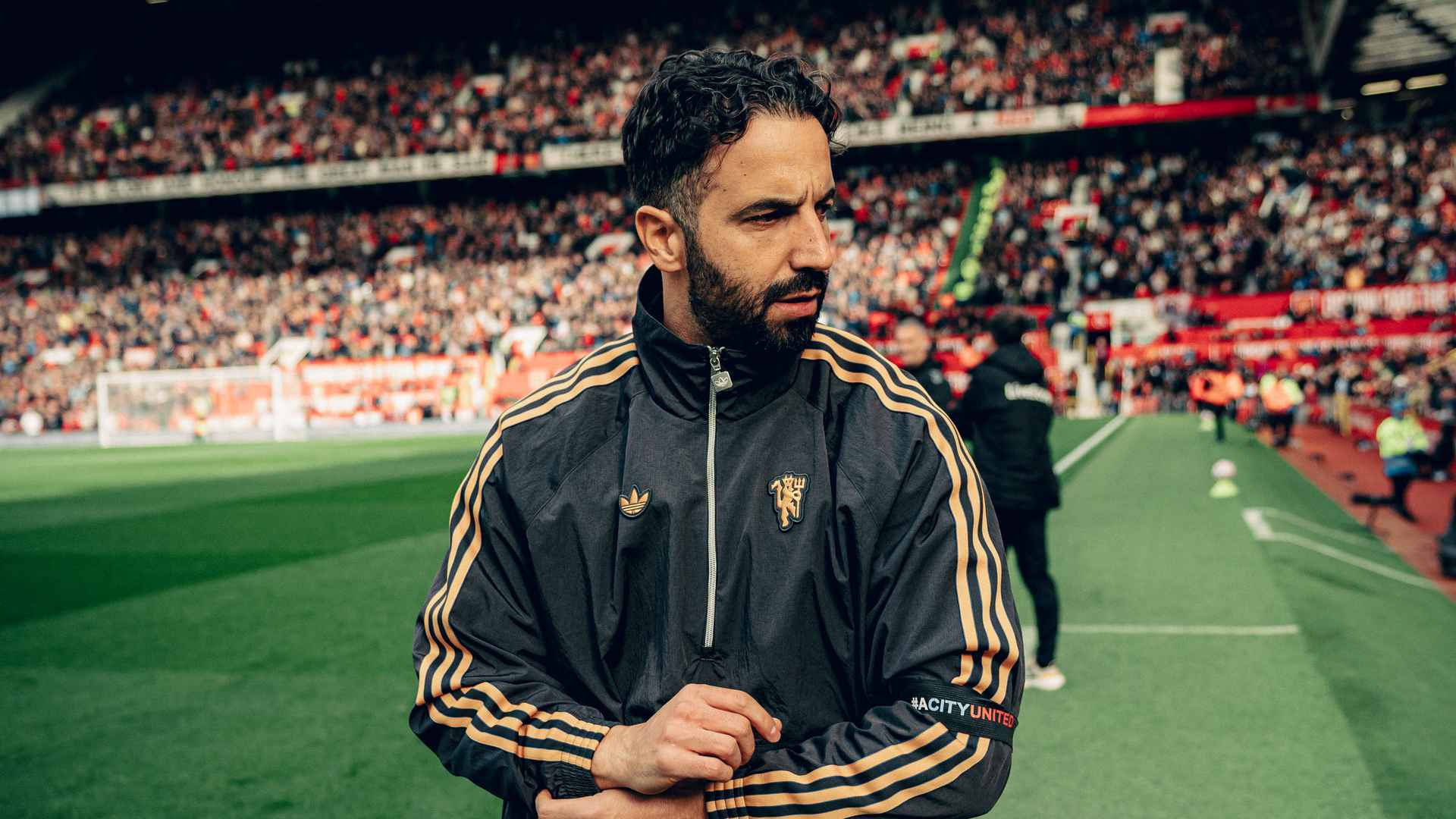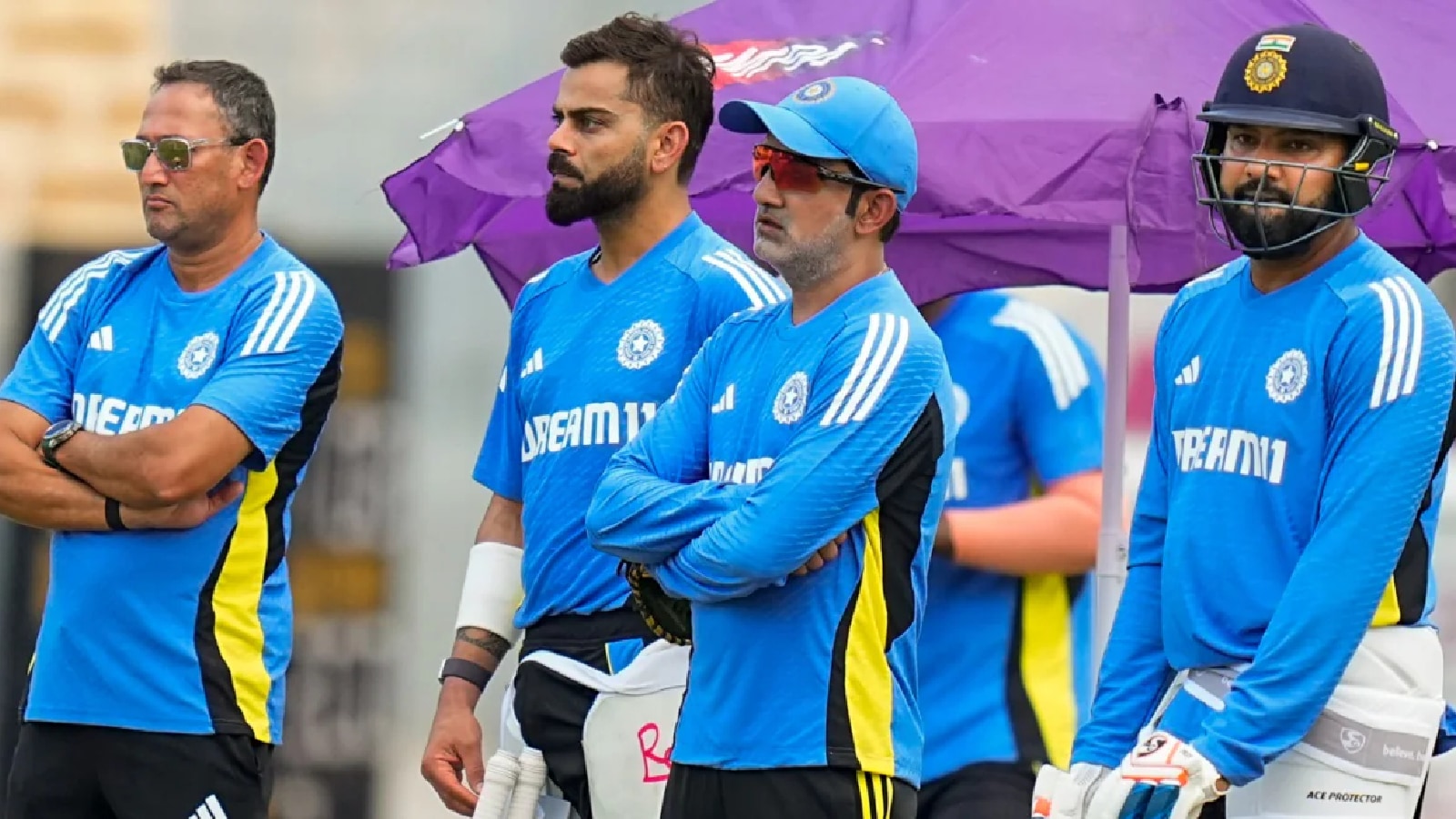Mikel Arteta and a quest for the ‘extraordinary’ as he nears 300 games in charge of Arsenal

Football’s Sliding Doors moments only ever make sense a while after someone walks through a particular opening.Here is Mikel Arteta, coming up for 300 games into his managerial career, and you can’t help but wonder. What if Arsenal had gone for someone else back then, in 2019, when they needed to shake the place up? The list of names reportedly of interest at the time included interim manager Freddie Ljungberg, another former captain in Patrick Vieira, two giants of Italian football in Carlo Ancelotti and Massimiliano Allegri, and some newspapers threw curveballs, such as Brendan Rodgers and Mauricio Pochettino, into the frame. One even suggested Chris Wilder.Would any of those other possibles have lasted almost six years, 300 games, and still feel like there is so much more to come from this connection? We will never know — but what we do know is that Arteta has transformed Arsenal into serious challengers and he doesn’t give the impression he is anywhere near done.Come back, if you will, to the dressing room that Arteta walked into in midwinter of 2019.He came armed with abundant ideas, laser focus and intense energy, but not a shred of managerial clout. It still seems extraordinary that a club with Arsenal’s aspirations to claw themselves into football’s heavyweight division could appoint someone whose CV, when it came to the nuts and bolts of wins, losses and draws, was blank. It is worth taking a moment to consider how bold it was for a limping Premier League big boy to put their faith in a rookie to drag them up a mountain.The scale of the job was enormous. The squad was flawed. On the back of a few years of scattergun trading and erratic performance levels, the group was drifting. The sense of collective ambition and team spirit was depleted. Arsenal were 10th in the league and were soon knocked out of the Europa League by — you guessed it — Olympiacos.The contrast between Arsenal then and now can be spelt out in bold by comparing Arteta’s first-ever team selection with his latest. When he wrote out a team sheet for his opening match away at Bournemouth, it must have been a struggle to determine which names to put down.Here’s the team, and please pay particular attention to the bench.Other options, who had played recently but didn’t quite make the squad, were Calum Chambers, Sead Kolasinac, and a Brazilian teenager by the name of Gabriel Martinelli.Analysing that bench, the defenders were not renowned for imperious authority, the midfielders were young and not yet fully established, and the main forward option was struggling with an inflated price tag that was hard to justify.Fast forward to now. Look at the bench as Arsenal this week saw off (hello again!) Olympiacos in the Champions League. Just to share the minutes around, Arteta could introduce Declan Rice and Jurrien Timber around the hour mark and soon after, it was just the small matter of Bukayo Saka (vastly developed since first appearing as a teenage full-back) and stylish new playmaker Eberechi Eze.When centre-back Gabriel felt a twinge, the choice was between Cristhian Mosquera and Riccardo Calafiori, which meant, unfortunately, no minutes for Ethan Nwaneri and the gifted 15-year-old Max Dowman. Never mind the last six years, Arsenal have not routinely possessed so much talent on the bench ever.Saka is the only player to make the squad for Arteta’s first game who remains central to the group. A shout-out, too, for Martinelli, the only other player in this season’s squad from the 30 used during the 2019-20 season. With sweet symmetry, both scored in Arsenal’s most recent win. Oh, how much has changed around them.Speaking to reporters before Saturday’s game against West Ham United (kick-off 3pm BST; 10am ET), Arteta’s mind whirred back to a very different version of Saka from the one he met at the beginning.“Bukayo playing as a left-back,” Arteta recalled. “That’s the first thing that came to my mind from Bournemouth in my first game. (He was) very far from the pitch, very far in his journey, very far as well personally and the person that he’s becoming, the role he’s got in the team. We had a great journey together and it’s been a joy to see that every single day.”Having a moment to put some perspective on his time at the club made Arteta think about all sorts of players who have passed through along the way.“Some people have been for six months,” he said, “some others for three years, some others for 18 months, but they’ve all been critical and very important — sometimes to help the team, sometimes to help you learn the moment to change and re-evaluate what you are doing.“When I started on day one, I had no clue for how long and with who I was going to be sitting in this chair — and the only thing that I can say is thank you and I enjoy every minute of it, and for many more to come, hopefully.”Arteta is seventh in the list of Arsenal managers for length of service. It does not feel like a stretch to imagine he can jump a few places up the list. Give it another couple of years and he would be close to overtaking Herbert Chapman, the club’s iconic manager whose statue resides underneath the famous clock at their stadium.Arsenal tended to pride themselves on loyalty to their managers, with a general reluctance to see anybody off. It felt like a very old-fashioned concept as football hurtled into the 21st century, when the average lifespan for managers was roughly a year.Yet Arteta seems to have walked into management at 37 and found his special place, a club he felt tightly bound to from his playing days under Arsene Wenger.“Take care of the values of this club,” implored Wenger as his parting shot when he bade farewell after 22 years as keeper of the flame. Unai Emery took on the difficult role of immediately following a legend, which allowed Arteta to come in and pick up the pieces after some distance had been placed between Wenger, and offered his own opportunity to imprint ambitious values of his own.It has not been plain sailing. Covid-19 and managing through lockdown. Pushing out major personalities Mesut Ozil and Pierre-Emerick Aubameyang. Starting one season with three straight losses and hanging on. Criticism for signing players who didn’t originally win the popular vote. A slew of serious injuries. Frustration with refereeing decisions. A reputation for defensive, conservative football. Underwhelming in domestic cups after the elation of the 2020 FA Cup. Second. Second again. And again.He understands the noise around winning trophies, even if he can offer no guarantees — just as Arne Slot, Pep Guardiola, Enzo Maresca and others in charge of expensively assembled squads can’t either. But the noise is relentlessly intense.As he approaches his 300th game, there is intrigue about whether Arsenal can build a title challenge.After notably fierce fixtures to open the season, October’s schedule brings more of the kind of mid-range opponents who might superficially seem easier but have caused them some grief recently. West Ham, Crystal Palace and Brighton & Hove Albion at home, plus Fulham away, saw Arsenal drop nine out of a possible 12 points in equivalent games last season.Palace, given their outstanding form, need special attention and extra respect. But Arteta will be expecting his team to eke far more from this batch of matches. He wants his players to try to be extraordinary — which is the bar for champions nowadays.“We have won titles, but we haven’t won the biggest ones, and that’s it,” he says. “Sometimes in sports, you have to congratulate somebody else who has been even better than you. You can be really, really good or excellent, but somebody has been extraordinary. And in this league, that is the level it demands. We’re going to try to get to that.”Three hundred down, who knows how many to come.(Other contributor: Will Jeanes)(Top photo: Michael Steele/Getty Images)









